The devastating impact of the transatlantic slave trade still reverberates through modern society, United Nations Secretary-General António Guterres said during a moving address at the General Assembly, marking the International Day of Remembrance of the Victims of Slavery and the Transatlantic Slave Trade.
Speaking on March 25, Mr. Guterres emphasized that systemic racism, economic exclusion, and racial violence continue to rob people of African descent of opportunities to thrive.
“For too long, the crimes of the transatlantic slave trade—and their ongoing impact—have remained unacknowledged, unspoken, and unaddressed,” the UN chief stated, calling on governments, institutions, and civil society to finally confront this enduring injustice.
Four Centuries of Suffering
Between the 16th and 19th centuries, an estimated 25 to 30 million Africans were forcibly taken from their homelands. Many perished during the horrific transatlantic journey. Families were shattered, communities destroyed, and generations condemned to slavery, all in the pursuit of profits fueled by racist ideologies.
While the transatlantic slave trade formally ended, its legacy persists, with racial inequalities and economic disparities stretching across centuries and continents.
The Financial Burden That Followed Freedom
Highlighting the injustices that continued even after abolition, Guterres reminded the Assembly that formerly enslaved people often received no compensation, and some—like Haiti—were forced to pay indemnities to those who once enslaved them.
Haiti’s crippling debt, imposed by former colonial powers, locked the young nation into generations of economic hardship, a burden still felt today.
A Call for Concrete Action
The Secretary-General urged:
- Full implementation of the International Convention on the Elimination of All Forms of Racial Discrimination.
- Active measures against racism, discrimination, and economic exclusion.
- Honest education about the history and legacy of slavery in schools worldwide.
“Acknowledging this truth is essential for addressing past wrongs, healing the present, and building a future of dignity and justice for all,” Mr. Guterres stressed.
Echoes of Injustice Today
Philémon Yang, President of the General Assembly, reinforced these concerns, warning that despite abolition, the scars of slavery endure through inequities in housing, employment, healthcare, and education.
He called for concrete policies, not just acknowledgments, to confront these disparities head-on.
Education plays a critical role, Yang added, urging that histories of slavery and its aftermath be incorporated into curricula globally to help fight ignorance and prejudice.
The Ark of Return: Honoring the Victims
This year’s observance also celebrated the tenth anniversary of the Ark of Return, a solemn white marble memorial at UN Headquarters in New York, designed by Haitian-American architect Rodney Leon.
The monument stands as a tribute to the resilience and resistance of those who suffered and serves as a reminder of the ongoing fight against racism and injustice.
New Visions for Remembrance
Nobel Laureate Wole Soyinka called for remembrance to be more than symbolic. Proposing a “Heritage Voyage of Return”, Soyinka envisioned repurposed transatlantic routes as pathways for education, culture, and healing.
Meanwhile, young American poet Salome Agbaroji urged African descendants to reclaim their narratives:
“Turn the tide, flip the phrase, and reclaim our personhood and stories,” she declared.
She emphasized that the value of people of African descent extends far beyond the labor they provided under oppression, highlighting the vibrancy of their cultures, innovations, and achievements.
The United Nations’ message is clear: remembering the victims of slavery must lead to real change. Only through truth, education, justice, and action can the world begin to heal the wounds left by one of history’s greatest crimes.




